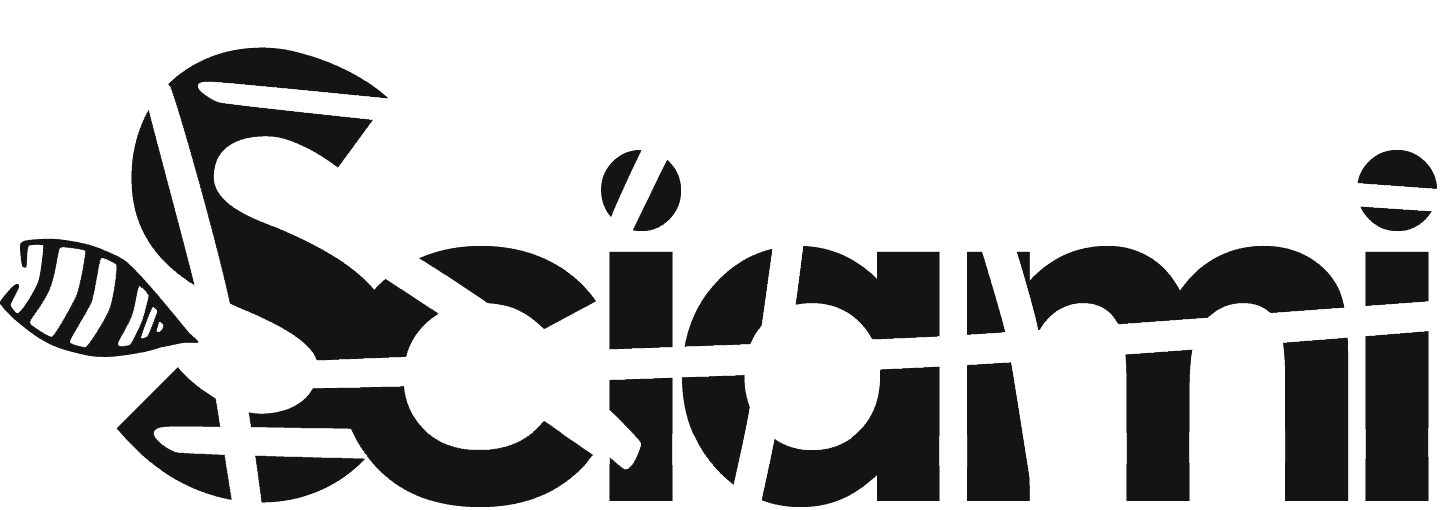Carmelo Bene – biographical notes
by Donatella Orecchia
“We are born with a spasm, we die with a grin”
(Carmelo Bene)
Carmelo Bene was born September 1, 1937 in Campi Salentina, where his parents Amelia Secolo and Umberto Bene managed a tobacco factory. He spent his childhood and adolescence in the Salento region, moving between his village and Lecce, but adopted the city of Otranto as his origin of choice.
“There is a longing for things that never had a beginning. To sink one’s origin – not necessarily connected to birth – in the land of Otranto is to sink into a real-imaginary space. And it was there, in fact, that I was born on a 1st September. Otranto. Forever beautiful and extremely religious brothel of a land, the land of a tolerant culture, imbued with Islamic, Jewish, Arab, Turkish, Catholic influences.”( Carmelo Bene, Sono apparso alla Madonna).
In 1955 he moved to Rome to study at the Faculty of Law and at the Sharoff Academy, and in 1957 he enrolled at the National Academy of Dramatic Art ‘Silvio d’Amico’, which he left after one year.
Esordi e primo periodo. 1959-1967
His theatrical début dates back to 1959, when he acted in Caligula by Albert Camus, directed by Alberto Ruggiero (October 1st, at the Teatro delle Arti in Rome). The show, which got good responses from the audience and from critics, signaled Bene’s first encounter with a character who went on to become the icon of the ‘“monstrosity” of the subject (the human subject and the subject of artistic imagery), irreducible to the normative horizon established by the empire of the ego’ (R. Tessari, Caligula by Carmelo Bene, in ‘L’Asino di B’, n. 4, 2000). The line inaugurated by encountering this character will continue to be threaded through Bene’s work in the following years.
From 1960 to 1968 Carmelo Bene’s production was intense. After an extensive stay in Genoa (where he created a new Caligula, under his own direction, made his Tre atti unici by Marcello Barlocco and a first version of Stevenson’s The Strange Case of Dr. Jekyll and Mr. Hyde), he began to gravitate towards the Roman scene, playing in theatres such as the Teatro Eliseo (Lo strano caso del Dottor Jekyll e del Signor Hyde e “Gregorio”. Cabaret dell’800), as well as in spaces he found and managed himself, such as the Teatro Laboratorio di S. Cosimato – a short-lived venue only open between 1962 and 1963, where he showed a rich season which included Pinocchio, Spettacolo-Mayakovsky, Capricci by Marcello Barlocco, Hamlet, a second version of Spettacolo-Mayakovsky, Addio Porco, Federico Garcia Lorca and Cristo 63. In this period, he also played in other small Roman spaces, such as the Teatro Arlecchino, Teatro dei Satiri and the Teatro delle Muse (where he showed Salome ‘by and from’ Oscar Wilde, 1964).
Documents are published in original language. In case the translation is present, both the original and the translation are published.
Giuseppe Bartolucci, Per una lettura di Carmelo Bene dal sessanta al settanta, in G. Bartolucci, La scrittura scenica, Milan, Lerici, 1968
Gilles Deleuze,Un manifesto di meno, in C. Bene e G. Deleuze, Sovrapposizioni, Milan, Feltrinelli, 1978
Piergiorgio Giacché,Lo spettatore per Bene, in Per Carmelo Bene (1994), Milan, Linea d'ombra, 1995
Carlo Cecchi, Contro la rappresentazione, in Per Carmelo Bene (1994), Milan, Linea d'ombra, 1995
Maurizio Grande, L'automatico e l'autentico, in Per Carmelo Bene (1994), Milan, Linea d'ombra, 1995
Roberto TessariIl Caligola di Carmelo Bene, «L'Asino di B.» n. 4, 2000
Luisa Viglietti,Encore un effort, in D’après Carmelo Bene. Dossier Numérique, diretto da Cristina De Simone e Christian Biet, in «Revue d’histoire du Théâtre», n. 263, July-September 2014.
Francesca Rachele Oppedisano,« MAL D’ARCHIVE », in D’après Carmelo Bene. Dossier Numérique, diretto da Cristina De Simone e Christian Biet, in «Revue d’histoire du Théâtre», n. 263, July-September 2014.
Teatrografia,, edited by Donatella Orecchia
P. Giacchè, Carmelo Bene Voice of the Biographical Dictionary of Italians (2012)
Impossible interview with Oscar Wilde The writer Alberto Arbasino interviews the Irish writer and poet Oscar Wilde (1854-1900), played by the actor Carmelo Bene. Directed by Mario Missiroli.
Emanuela Agostini, Carmelo Bene Voice of the Multimedia Archive dictionary Italian Actors, Florence
